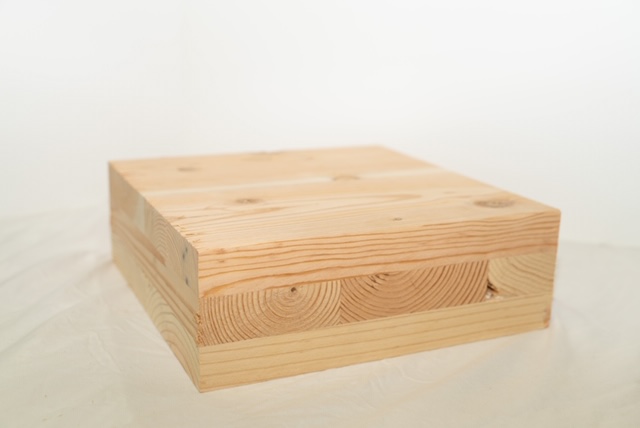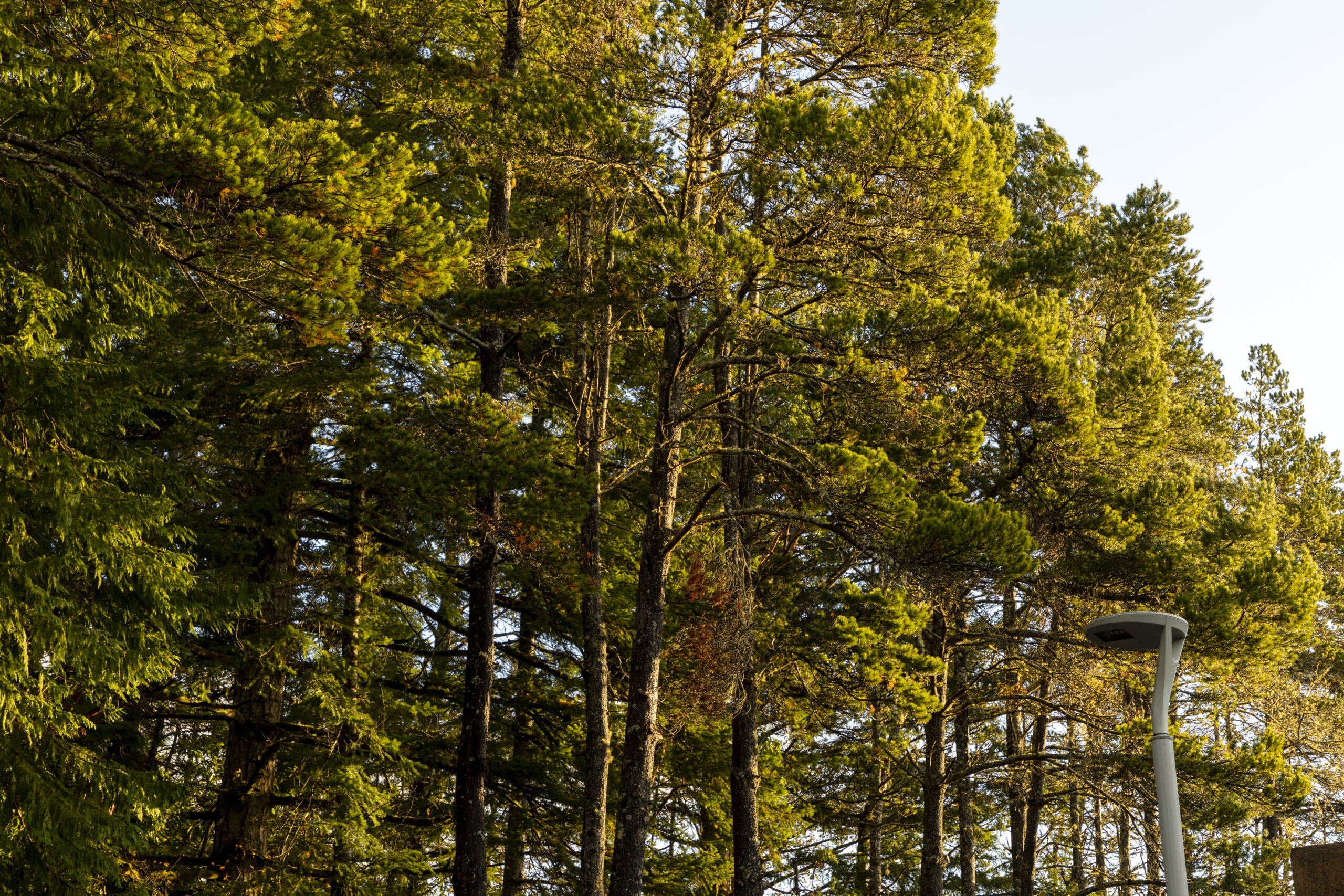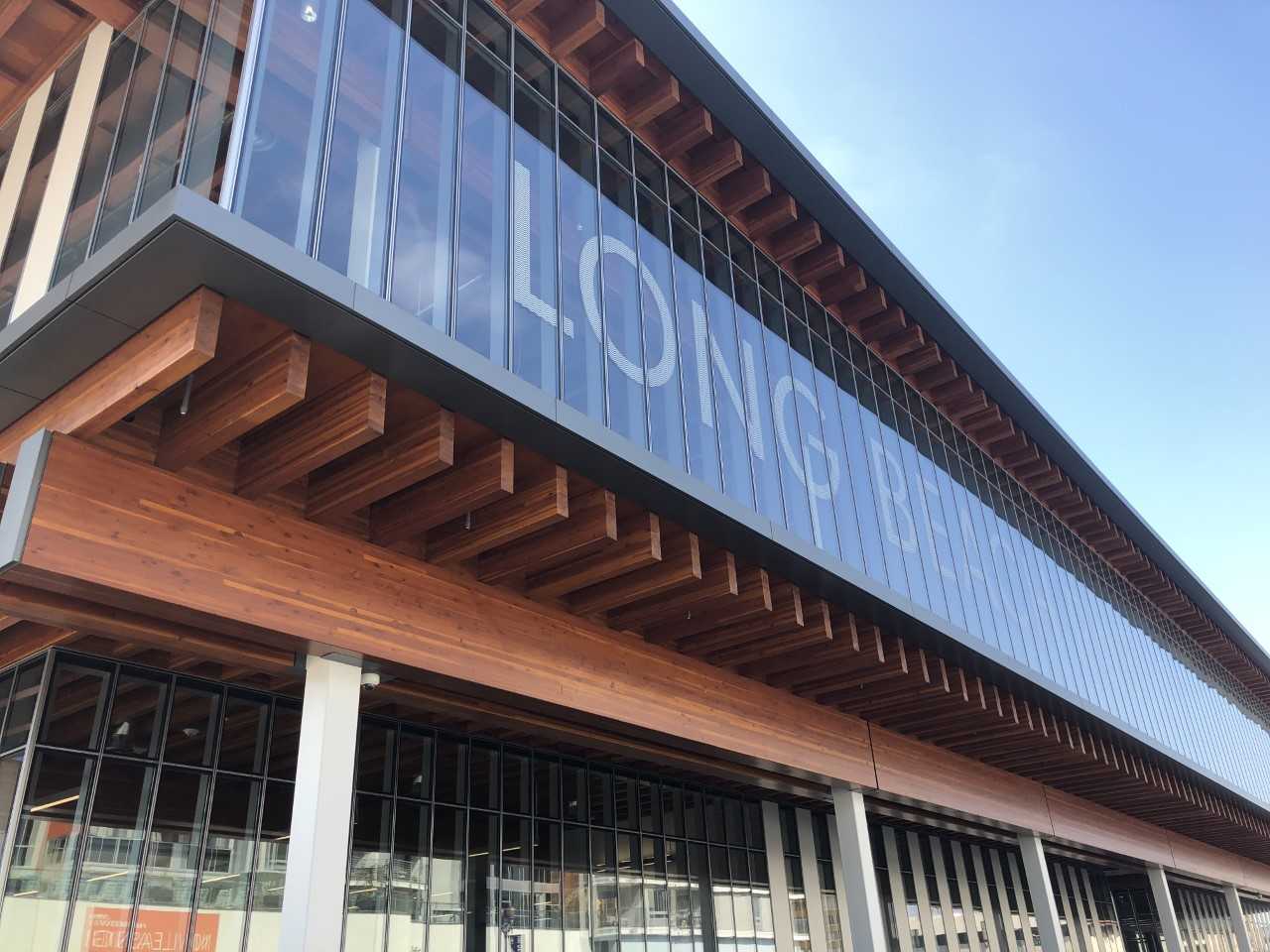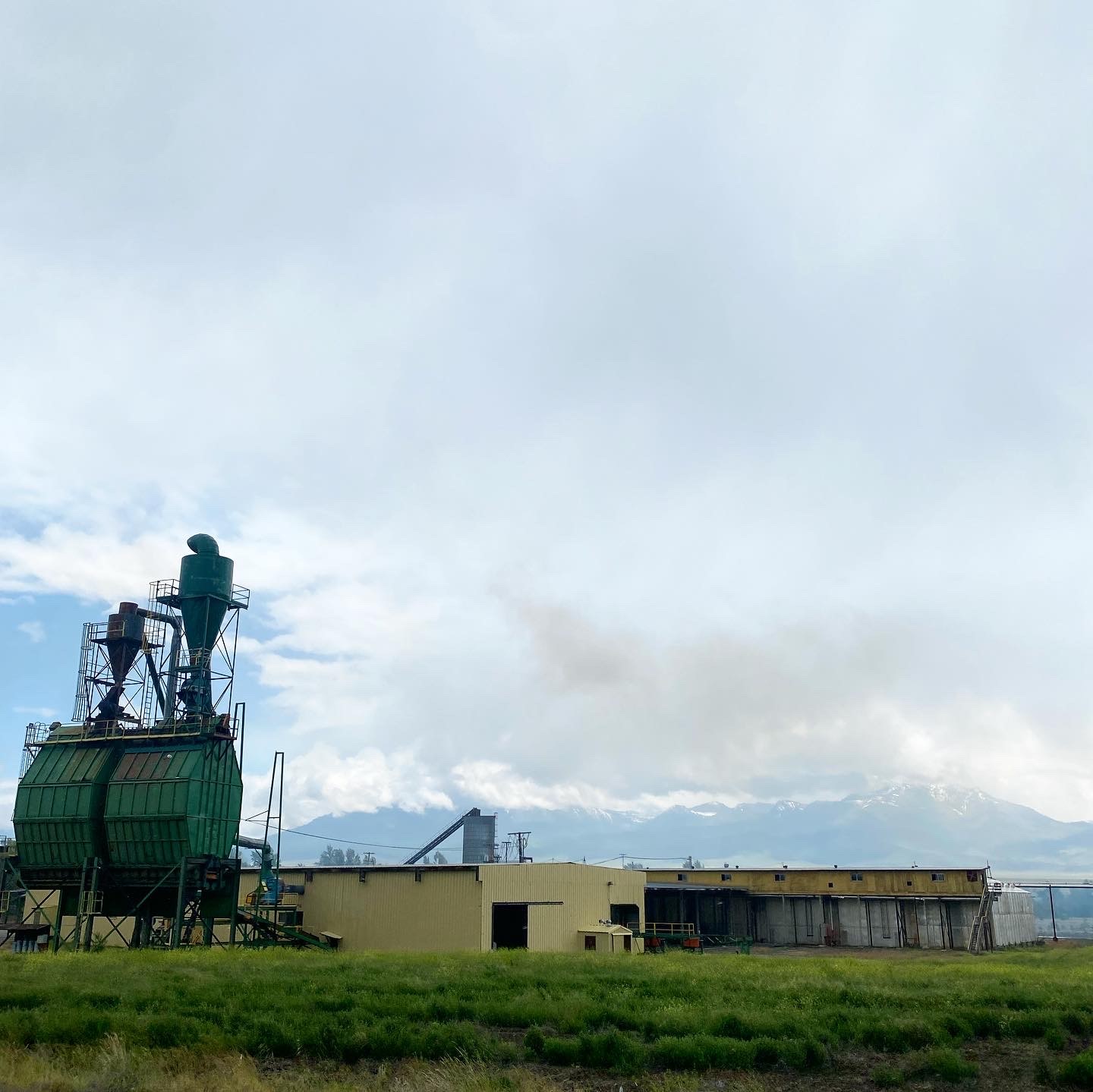Mass Timber materials are safe, sustainable, efficient, and an innovative method of construction. Wood is the only major construction material that is renewable, sustainable, and creates a net positive effect on the environment.
By utilizing Mass Timber, wood industries promote sustainable forest management and harvesting practices. Through the Oregon Forest Practices Act, Oregon has strong laws and policies in place to promote healthy and growing forests. The Oregon FPA sets policies including limits on clear cutting practices, protection of streams and water resources, and requires harvested areas to be replants within two-years of a timber harvest. These policies help ensure that Oregon Mass Timber products remain sustainable and contribute to the health of Oregon’s forests and local economies.
Construction projects using Mass Timber designs enjoys the benefits of using sustainable materials, reducing construction time, job site traffic, waste, and costs. Wood materials require significantly less energy to manufacture compared to traditional construction materials in addition to sequestering (removing from atmosphere) carbon in the building itself. Following completion, tenants of Mass Timber enjoy increased comfort within the building through wood’s warmth and biophilic effects.
There are many benefits to using natural resources for construction use. The benefits include but are not limited to:
- United States Forests have grown over the past 100 years
- Forest growth has outpaced timber harvests since 1940’s
- Forest management policies such as the Oregon FPA ensure harvested areas are replanted within two years
- Proper forest management reduces mortality, which decrease forest fire risk, insect infestations, and promotes healthy forests and water ways
- A thriving timber industry brings skilled jobs to rural communities
- Younger healthy forests increase the rate at which carbon removed from the atmosphere
- ~50% of the dry mass of wood is carbon removed from the atmosphere
- Wood products require significantly less energy to produce than traditional materials
- Wood products can be recycled at the end of a building life





